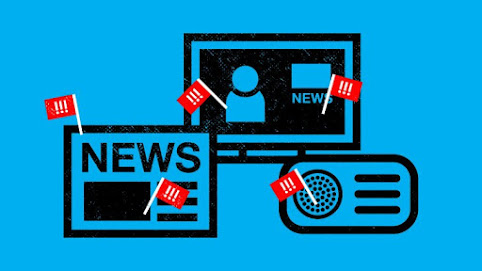Lebanon & the Economic Crisis: What Happens If Subsidy on Essential Medication is Lifted?
Following the economic crisis in Lebanon and the sharp devaluation of the Lebanese Lira, Banque du Liban (BDL) began subsidizing fuel, wheat, and medical supplies including pharmaceuticals. This was done through maintaining importer rate at LBP1,515 per $1, and LBP3900 per $1 for a basket of consumer goods (Mokuo & Jaradat, 2020) as a means to mitigate the effects of the black market. According to caretaker Finance Minister Ghazi Wazni, Lebanon will no longer be able to import basic goods past May of 2021 due to delays in launching a subsidy reduction plan; which is expected to save approximately half of the current $6 billion in annual spending on subsidies (Arab News, 2021). These delays are costing $500 million in foreign currency reserves per month. The current subsidy reduction plan includes cutting down the list of 300 subsidized foods by two thirds, reducing subsidy on fuel and medicine, and roll out of a ration card program for the families most hit by poverty; estimated to...



